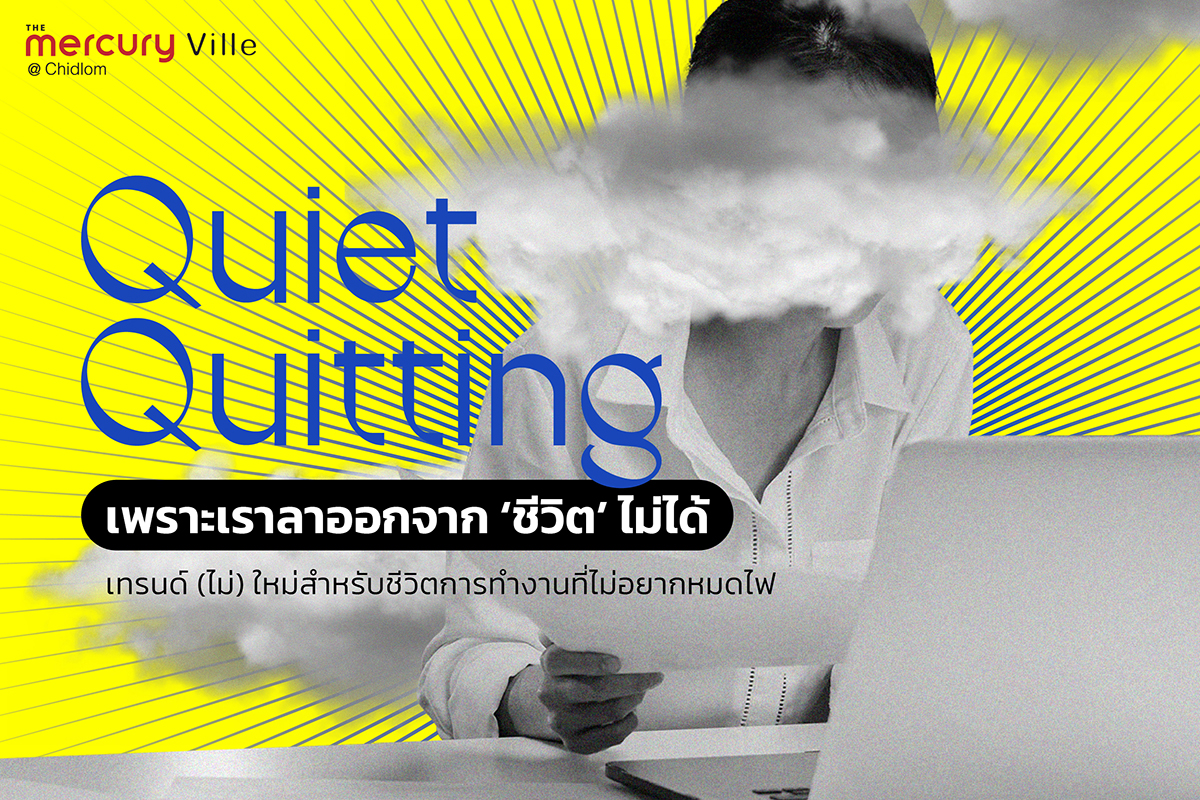
In today’s ever-changing society, it is difficult to deny that for many people, drawing a clear line between work life and personal life is not always as easy as it once looked. While some are willing to invest physical and mental energy to accomplish their goals and climb the career ladder, for many others, even the first step on that so-called ladder is at the same time the last before burnout strikes.
Quiet Quitting is the concept of working developed to have meant akin to “quitting” in the sense that the idea of working hard equals success is rejected. Contextually, working hard means working beyond the boundaries of the assigned job responsibilities to achieve whatever contribuations we are made to believe to benefit work but fail to maintain a balance between work and personal life.
Today, let’s face it that quiet quitting doesn’t sound new or out of this world. But after Tiktok user @zaidleppelin posted a clip that went viral in July 2022 and garnered attention from netizens the world over, he defined quiet quitting as turning away from ‘America’s workaholic culture’
Survey results from Gallup, an American analytics and advisory company based in Washington, D.C, found that the surveyed group’s work-related stress increased significantly from 38% in 2019 to 43% in 2020. These numbers may indicate higher expectations for a work-from-home adaptation during COVID-19 and could potentially lead to prolonged mental health issues, even after things get back to normal.
If we were to define quiet quitting” in a nutshell, it would be the concept of working solely for financial gain which most companies would likely take it as not beneficial in the long term. This also includes the opinions of other working generations who may argue that this is just a fancy word employed to justify one’s laziness.
Accepting the idea of quiet leaving might call for the right kind of management because, at the end of the day, work and life cannot completely be separated from each other, and there is no one-size-fits-all formula for success. However, if your work is causing you to feel somewhat imprisoned in an unsettling professional environment, try seeking advice or a compromise from your supervisor or HR to find a mutual solution and guidance.
And perhaps most significantly, self reflection is essential because ultimately no one can point their finger and tell you how many hours each day you should work to be ideal and just right, or which method of time management should be at your preference. It is you yourself who can understand and uphold a balance between work and life before all the passion for your job dies. And before quiet quitting eventually becomes actual quitting.



